5 archaeological 'digs' to watch in 2022
Live Science makes predictions about what archaeologists will uncover in the new year.
There are a number of archaeological finds and stories we might hear about in 2022. These include discoveries from Egypt's "lost golden city," new finds from Qumran — the site where the Dead Sea Scrolls were found in nearby caves — as well as finds that may shed light on what life was like 11,000 years ago, when humans started building large ceremonial sites. In this countdown, Live Science makes five archaeology predictions for 2022.
New finds from Egypt's 'lost golden city'
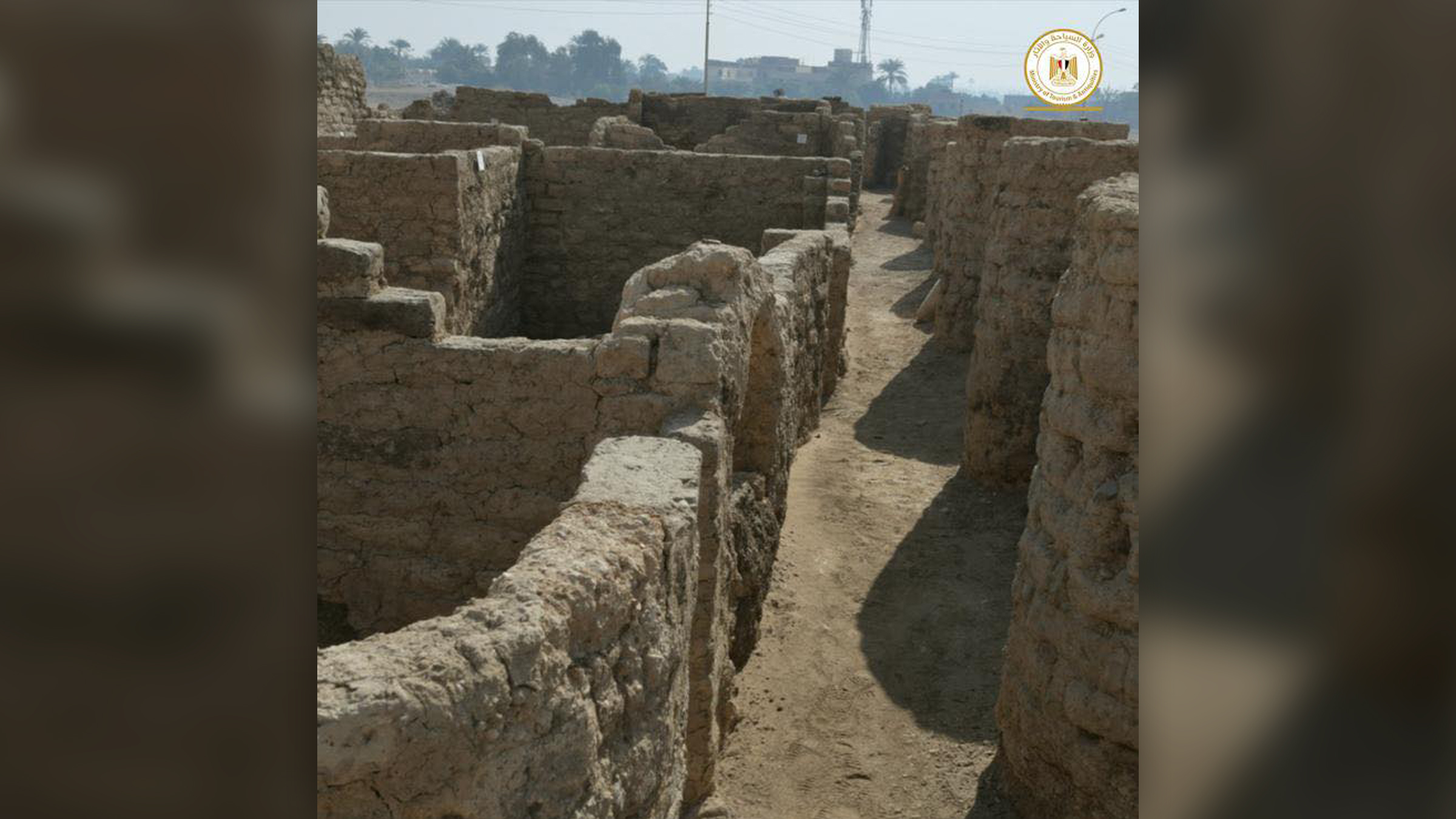
In 2021 archaeologists announced the discovery of a "lost golden city" near Luxor in Egypt called the "Rise of Aten". The discovery generated headlines around the world, but archaeologists have excavated just a small portion of it. According to historical records, the pharaoh Amenhotep III (reign 1391-1353 B.C.) had three palaces in the city. In 2022 we can expect to hear of more discoveries from this city that may include these or other royal palaces. Any new discoveries could shine a light on some historical mysteries, such as why Amenhotep III's son, Akhenaten, tried to focus Egypt's religion around the worship of the Aten, the sun disk, rather than ancient Egypt's traditional pantheon of gods.
Read more: 3,000-year-old 'Lost Golden City' discovered in Egypt
Dig where you live
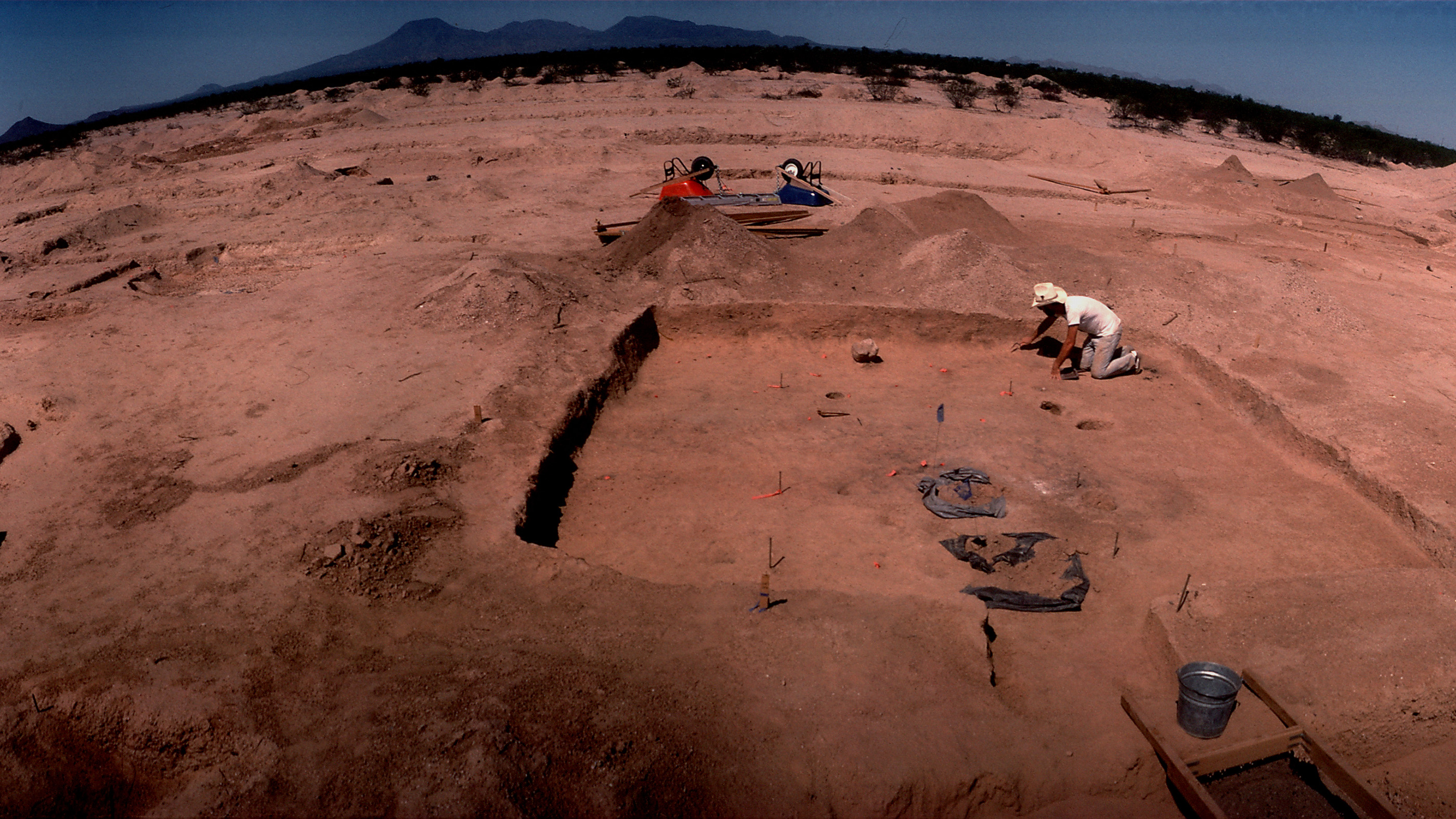
As the COVID-19 pandemic rages on and the omicron variant spreads, travel restrictions are coming back into effect and some governments are implementing lockdowns. Additionally, inflation is raising prices, making it more expensive to travel and buy equipment — particularly electronics. Funding for archaeology may also become scarce in 2022 as governments and universities cut back grants to meet their own expenses.
These health and economic challenges will likely mean that many overseas archaeological expeditions are cancelled or scaled back, and that much of the work carried out in 2022 will likely be done by archaeologists working within their own country. Even archaeologists digging within their own country may choose to dig at sites close to where they live so that they can avoid travel and hotel costs.
"Dig where you live" may become an increasingly popular trend in the field. Those who can't do this may have to settle for analyzing data sent in from archaeologists who can.
Excavations at Karahantepe
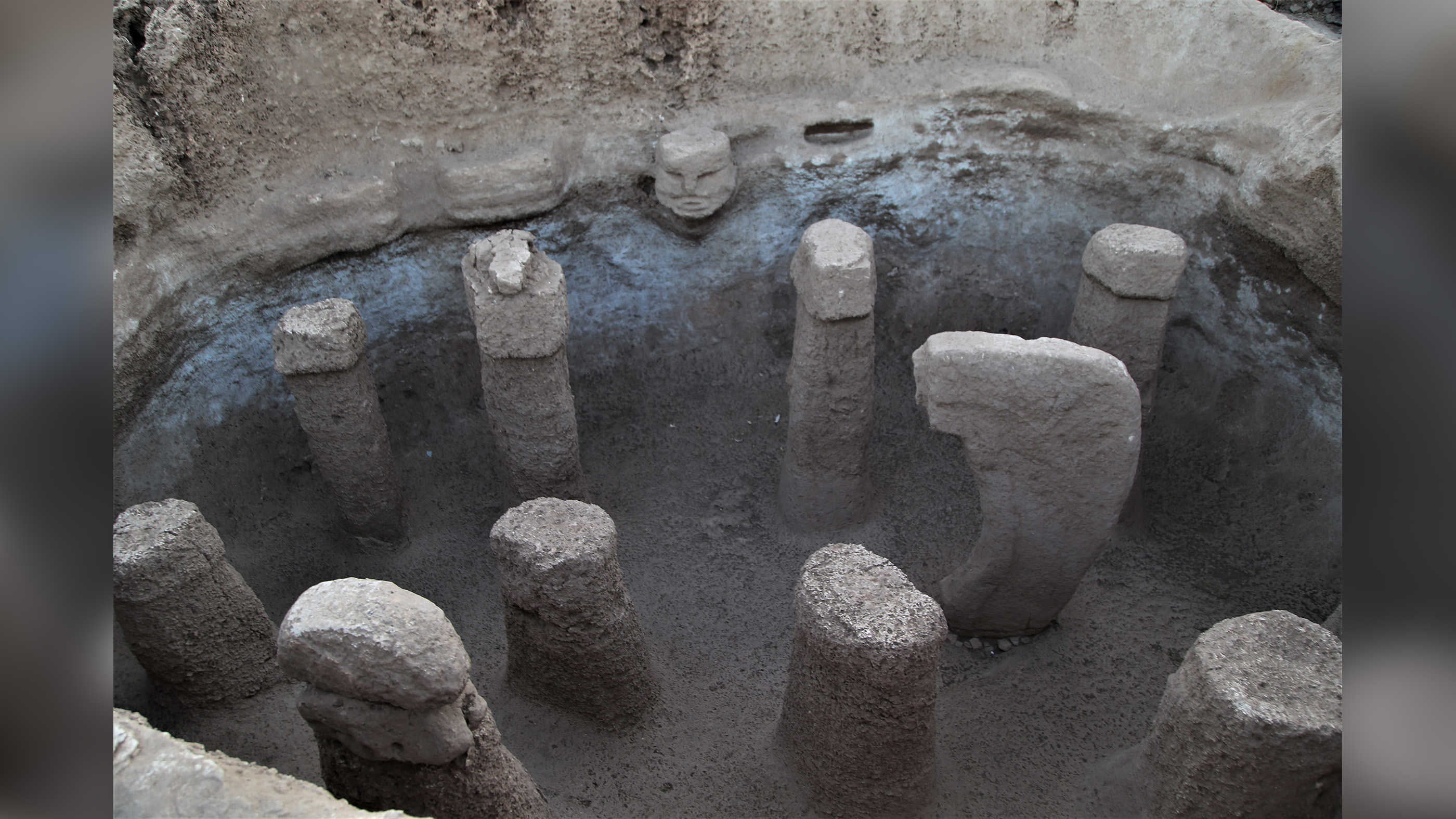
Excavations at Karahantepe in Turkey are giving us new insights into what life was like in this part of the world around 11,000 years ago. So far archaeologists have found a complex where people likely marched past phallus-shaped pillars and a carved human head. It's a big site, however, and excavations are ongoing, so we can expect more discoveries about the site and the people who built it in 2022.
Sign up for the Live Science daily newsletter now
Get the world’s most fascinating discoveries delivered straight to your inbox.
Karahantepe is located not far from Gobekli Tepe, a massive ceremonial complex that also dates back around 11,000 years. It seems likely that those who used the Karahantepe complex were also involved with Gobekli Tepe. But who were they? How many ceremonial sites did they build? Did they also build large administrative buildings or houses? In 2022 we may discover clues to help us answer these questions.
Afghanistan looting and decisions
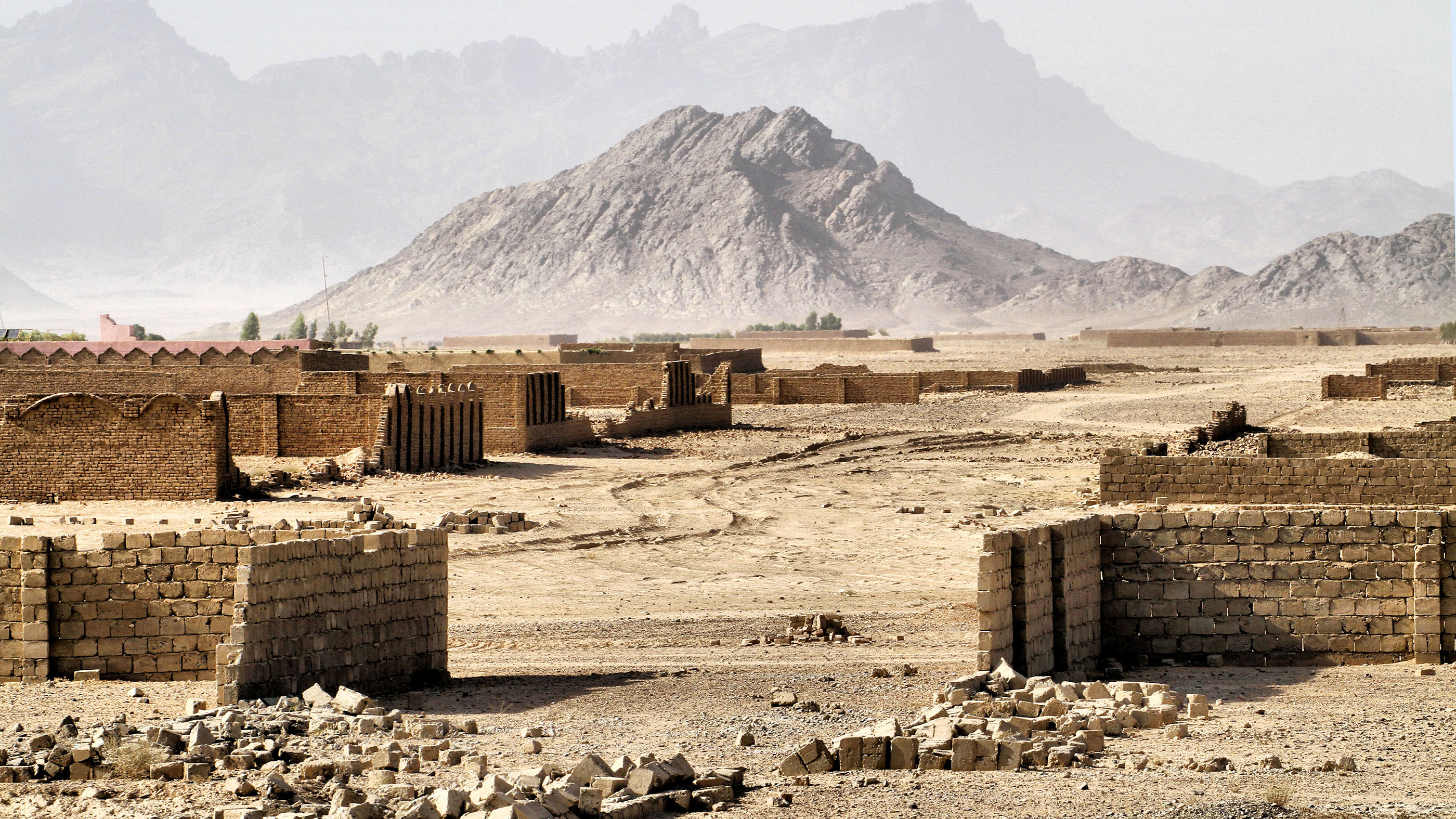
The Taliban took over Afghanistan in August 2021, hurtling the country into an economic crisis. Governments around the world suspended aid to Afghanistan's government, curtailing its ability to do even the most basic things like purchase food. With economic desperation growing, there is a good chance that looting will also increase as people struggle to feed themselves and their families.
Stolen antiquities from Afghanistan will likely appear in the United States and other countries, forcing governments to make some tough choices. Do they return stolen artifacts to the Taliban-ruled government — knowing that in the past the Taliban has destroyed antiquities? Or do they hold artifacts in storage somewhere or even direct law-enforcement agencies to ignore stolen artifacts from Afghanistan? In 2021, government agencies such as the U.S. Customs and Border Protection didn't respond to questions from Live Science about what to do with these artifacts, but in 2022 they will probably have to make a decision.
News from Qumran
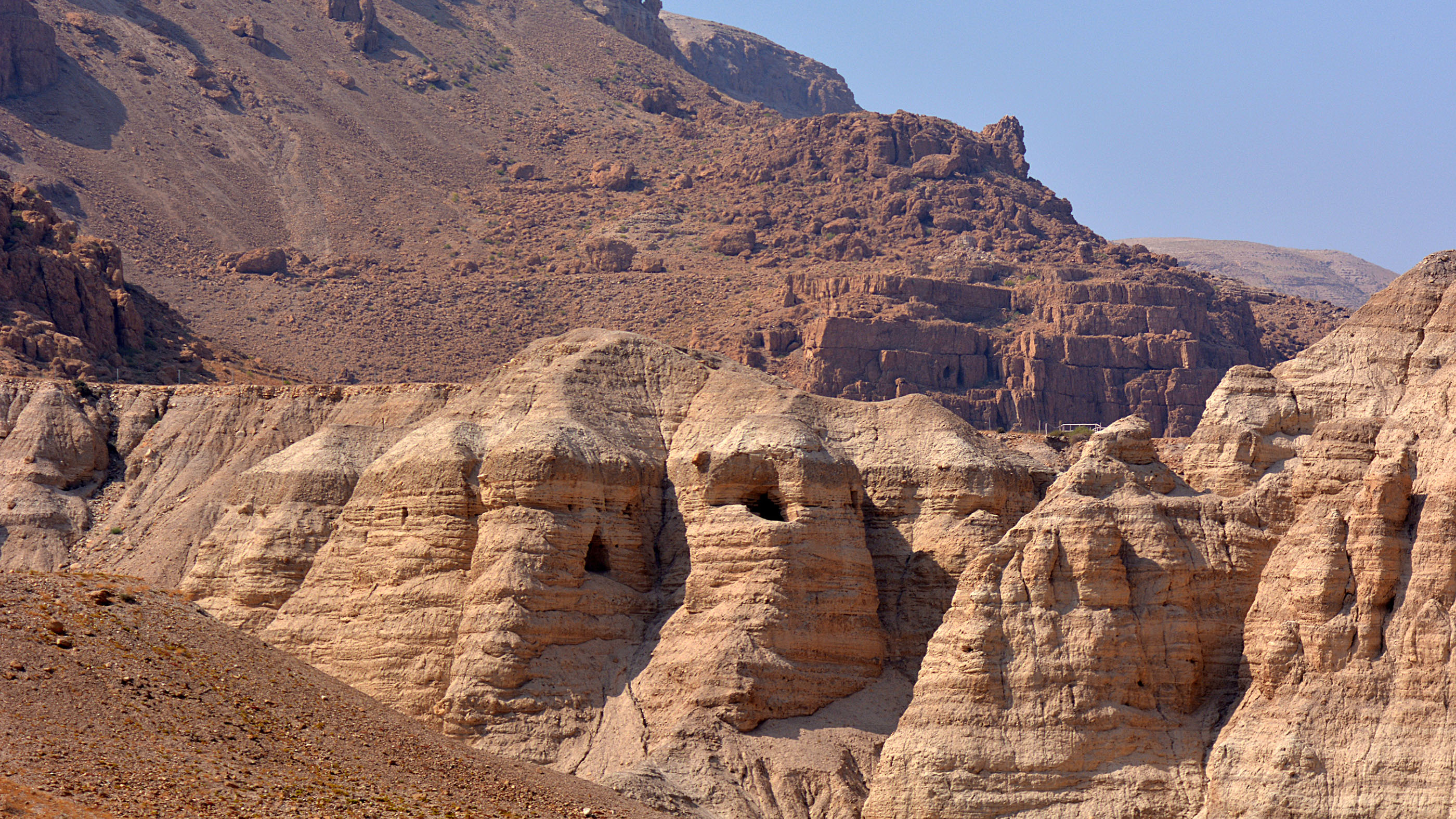
Archaeologists digging near the site of Qumran in the West Bank — where the Dead Sea Scrolls were buried in nearby caves — hope to be busy in 2022. They plan to excavate a previously unexplored cave and continue investigating a series of tunnels near Qumran. The team's previous digs have unearthed some fascinating remains, including a 12th cave that once held Dead Sea Scrolls (unfortunately only one remains), and we may hear of new discoveries from the site in 2022 as the excavations continue.
Originally published on Live Science.

Owen Jarus is a regular contributor to Live Science who writes about archaeology and humans' past. He has also written for The Independent (UK), The Canadian Press (CP) and The Associated Press (AP), among others. Owen has a bachelor of arts degree from the University of Toronto and a journalism degree from Ryerson University.









